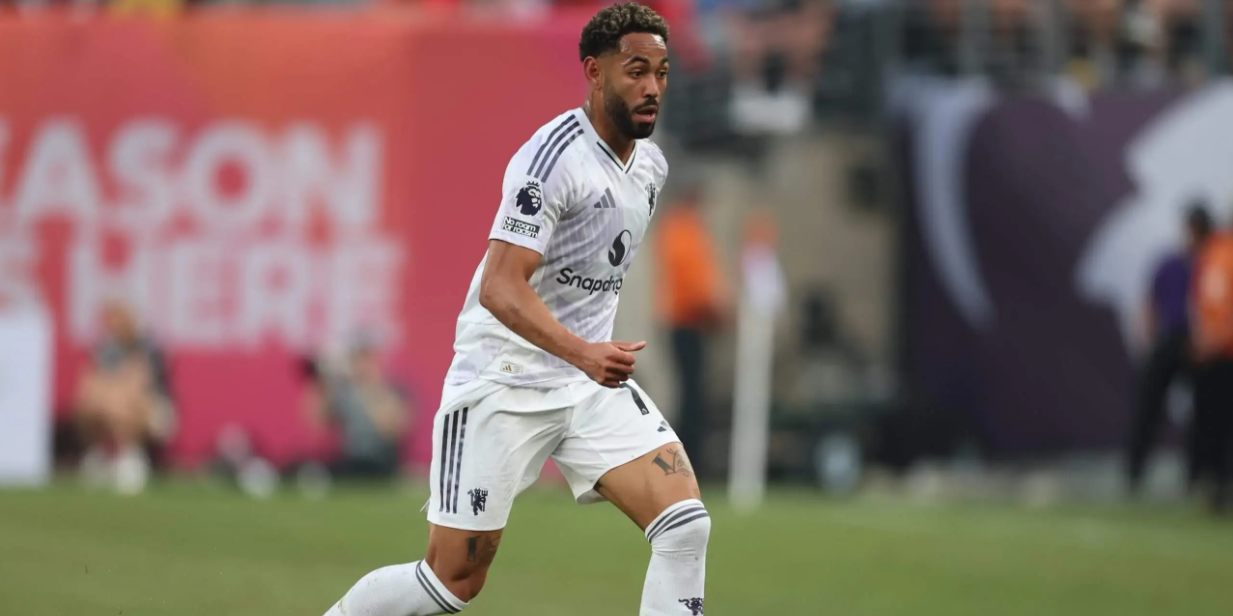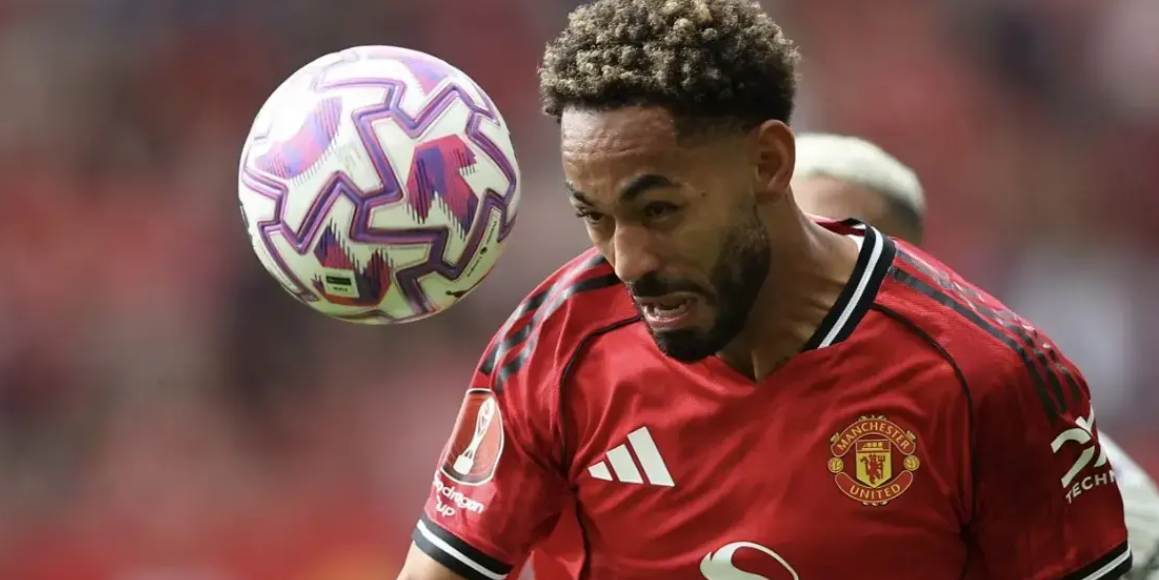
In the first round of the Premier League, Manchester United lost 0-1 to Arsenal. After the match, experts from camel.live noted that the impressive performances of Cunha and Mbeumo lifted the gloom at Old Trafford. The two continuously tested Arsenal's defensive line, with Manchester United displaying long-lost aggression and vitality.
Below is the expert analysis from camel.live:
Despite the defeat, Matheus Cunha and Mbeumo dispelled the gloom hanging over Old Trafford.
When the final whistle blew, a strange atmosphere pervaded Old Trafford. One might have expected optimism to deflate as quickly as helium from a punctured balloon, yet home fans responded with approval, even delight.
Some might dismiss this reaction as a sign of Manchester United’s decline, but on that night, the mood at Old Trafford felt distinct. True, losing the opening game to a bitter rival is hardly cause for celebration, but everything seemed to have "stepped up": replacing Højlund and Garnacho with Cunha and Mbeumo was like swapping a petrol station snack for a Michelin-starred dish.

Together, the pair registered 9 shots—equivalent to Arsenal’s total for the entire match. While their finishing lacked decisiveness, their attacking intent was clear: every time they touched the ball, they carved through the opposition’s flustered defensive line. Cunha nearly left the usually composed Saliba in disarray, while Mbeumo, operating in the center-forward role, kept creating threats, even forcing a crucial save from Raya that left Arsenal’s defense thoroughly unbalanced. Up against Calafiori, he dominated for almost the entire game. Long accustomed to mediocrity, United fans buzzed with excitement whenever the ball found either of their feet.
Their performances suggest it is premature to write off Manchester United. On the surface, Amorim’s stats remain concerning: having lost 15 of his 28 Premier League games, he is the fastest non-promoted manager to reach that figure since Portsmouth’s Paul Hart in 2009. But signs from this match show why Ratcliffe’s insistence on trusting the Portuguese manager is not unfounded. Even if a full turnaround is not yet complete, there are at least signs of resistance and revival—Manchester United’s giant ship is slowly turning toward the right course.
“The most important thing is, we’re not boring anymore.”
Cunha, in particular, has the potential to become a fan favorite. His driving runs and late surges are something United’s attack has lacked for years. He roams freely, using creativity and endurance to sustain threats—a stark contrast to last season’s stagnation. Amorim admitted after the game: “Players like Cunha and Mbeumo can ignite the stadium atmosphere in an instant. I think the most important thing is that our games are no longer sleep-inducing.”
Since taking charge last November, Amorim’s bluntness has at times bordered on "talking himself into the sack," but now his system is gradually taking shape. Against Arsenal, United showed aggression, fluidity, and a clear tactical structure. Amorim’s persistence with a three-center-back system, once widely mocked, was vindicated here, with players showing significantly greater stability in both attack and defense. The project is still in its infancy, but the team is forging a new identity.
Of course, United’s defense remains a concern. Bayindir’s costly error in handling a corner evoked memories of Onana’s past disastrous displays. However, investment in the attack has come at exactly the right time. Over the past 11 Premier League seasons, 11 teams have had at least one forward score 20+ goals in a campaign—Manchester United were not among them, a stark symbol of the club’s decline since Ferguson’s retirement. Mbeumo scored 20 goals for Brentford last season, while Cunha contributed 15 for Wolves; both have the potential to end United’s embarrassing record.
The £133 million investment is by no means a waste. Consider Højlund—his 21-game goal drought from December last year to March this year—and Garnacho, whose slack attitude in training earned a public rebuke from Amorim, and the club’s decision makes sense. Højlund didn’t even make the matchday squad, a signal in itself: the club will no longer tolerate "invisibility," especially from a player costing £72 million.
Sending him on loan to AC Milan or another club willing to take on the responsibility would be the best solution. Twenty months after INEOS’ takeover, United’s team selection is showing uncompromising rationality beneath the toughness. The Carrington training ground renovation was completed on time and on budget, while Old Trafford exudes a renewed vibe under the clear sky. The future may yet unravel, but when Cunha and Mbeumo disrupt opponents on the pitch, there is genuine hope of Manchester United returning to the ranks of top clubs.
Among countless dispiriting defeats, this one, at least, was "dignified."




